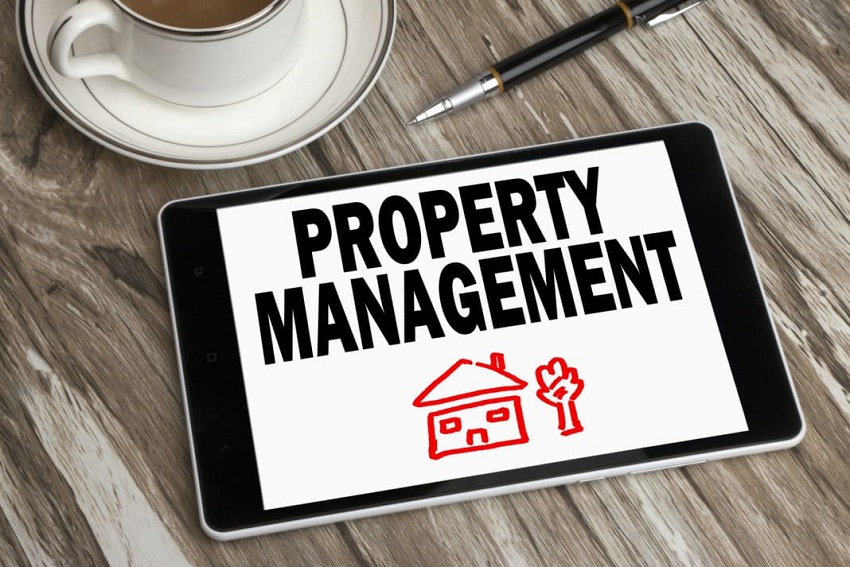Managing properties can be rewarding and lucrative, but it also requires careful planning and effective management skills. A common question arises: “How many properties can one person manage?” The answer to this question depends on various factors, including time commitment, skillset, and availability of resources. In this article, we will explore the intricacies of property management and provide insights into managing multiple properties efficiently.
Property management involves administrating and overseeing real estate assets, ensuring they are well-maintained and profitable. Property managers handle tenant screening, rent collection, property maintenance, and lease agreements. The number of properties a person can manage effectively depends on their capabilities, resources, and dedication.
Understanding Property Management
Before delving into the number of properties one can manage, it’s important to understand the responsibilities of property management. Property managers act as intermediaries between property owners and tenants, ensuring a smooth and profitable operation. They handle various tasks, including property marketing, tenant selection, rent collection, property inspections, and tenant concerns or complaints.
Factors Influencing the Number of Properties Managed
Time Commitment
One of the primary factors influencing the number of properties a person can manage is the time commitment required. Each property demands time for regular inspections, maintenance, addressing tenant needs, and overseeing financial aspects. If a property manager’s time is too thin, it may lead to subpar management and reduced tenant satisfaction. Assessing the time available and the level of commitment required is essential in determining how many properties can be effectively managed.
Skillset and Experience
Another crucial factor is the property manager’s skillset and experience. Effective property management requires diverse skills, including financial management, marketing, negotiation, communication, and problem-solving. The more experience and expertise a person possesses, the better equipped they are to handle multiple properties efficiently. Continual learning and staying updated with industry trends are vital to ensure high-quality management.
Availability of Resources
Managing multiple properties can be resource-intensive. Adequate financial resources, staff, and technology, are necessary to oversee a larger portfolio effectively. Without the necessary resources, managing multiple properties may become overwhelming and hinder the ability to deliver satisfactory results. Assessing available resources and optimizing their utilization is crucial for successful property management.
Benefits of Managing Multiple Properties
While managing multiple properties comes with challenges, it also offers several benefits. One significant advantage is increased profitability. With multiple properties generating income, the overall revenue potential is higher. Moreover, diversifying the property portfolio helps mitigate risks associated with a single property investment. By spreading investments across different properties, the impact of any individual property’s performance is reduced.
Challenges of Managing Multiple Properties
Although managing multiple properties can be rewarding, it has challenges. Time management becomes more critical as the number of properties increases. Each property demands attention and care, and neglecting any property may lead to tenant dissatisfaction or financial losses. Maintaining consistent communication with tenants and promptly addressing their concerns becomes increasingly complex with a larger portfolio. Additionally, unforeseen emergencies or repairs can multiply when managing multiple properties, requiring efficient problem-solving skills.
Strategies for Efficient Property Management
To effectively manage multiple properties, property managers can employ various strategies:
Leveraging Technology
Technology plays a crucial role in modern property management. Property management software, online platforms, and automated systems can streamline processes and enhance efficiency. These tools can simplify tasks like rent collection, maintenance requests, and tenant communication, allowing property managers to handle a larger portfolio effectively.
Delegating Tasks
Delegation is a valuable skill for managing multiple properties. Assigning responsibilities to qualified individuals or third-party service providers can distribute the workload and ensure each property receives the necessary attention. Property managers can focus on higher-level tasks and strategic decision-making by building a reliable team.
Creating Standardized Processes
Developing standardized processes and checklists can improve efficiency and consistency across properties. Having clear protocols for tenant onboarding, rent collection, property inspections, and maintenance allows property managers to handle tasks systematically, reducing errors and ensuring a smooth operation.
Maximizing Property Management Potential
To maximize the potential of property management, consider the following strategies:
Prioritizing Properties
Evaluate each property’s profitability, potential for growth, and maintenance requirements. By prioritizing properties based on these factors, property managers can allocate resources and attention accordingly, ensuring optimal management and return on investment.
Building a Reliable Team
Collaborating with skilled professionals such as maintenance personnel, accountants, and legal advisors can enhance property management capabilities. Building a reliable team with the same commitment to excellence can help overcome challenges and ensure efficient property management.
Continual Learning and Adaptation
The property management industry constantly evolves, and staying updated with the latest trends, regulations, and technologies is crucial. Property managers should invest time in professional development, attend industry conferences, and engage in networking opportunities to stay ahead of the curve and deliver exceptional service.
In conclusion, the number of properties one person can manage effectively depends on several factors, including time commitment, skill set, and available resources. While there is no definitive answer, property managers can optimize their management capabilities by leveraging technology, delegating tasks, and creating standardized processes. Property managers can maximize their potential and achieve success by prioritizing properties and building a reliable team in the property management industry.





